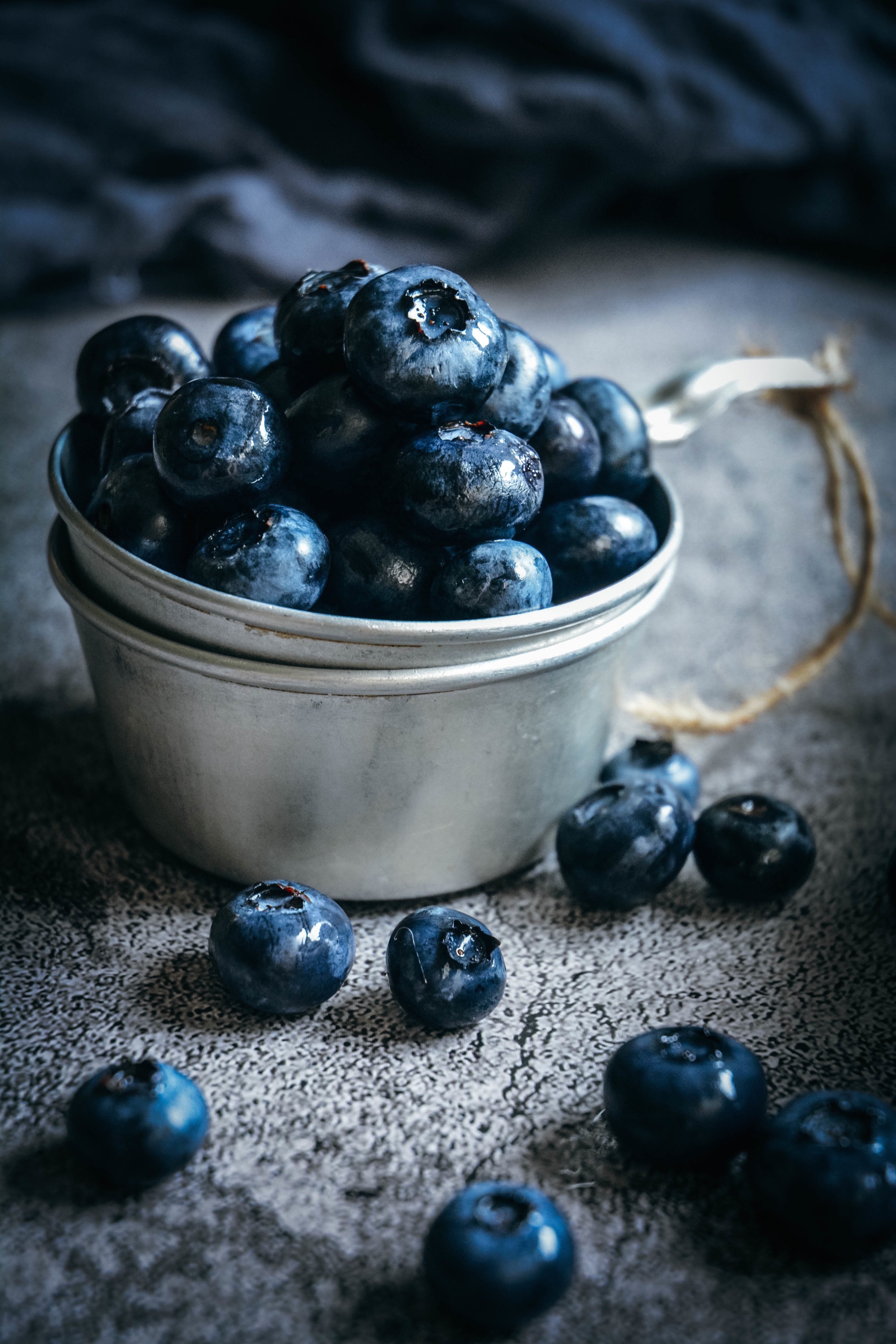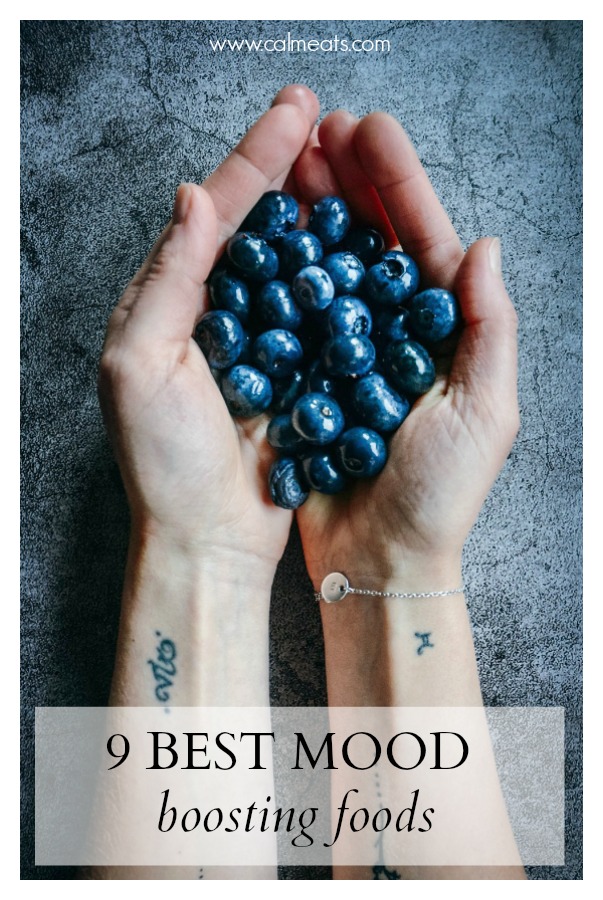

Ever since I started this blog, I’ve been on a quest; a quest to understand the relationship between food, the gut and mood. I want to know how the physiological part connects to the psychological. The food we eat affects the gut and the gut is the primary producer of serotonin, which directly impacts our brain and therefore our mood.
It makes a lot of sense when you break it down but where things get murky is the moment we step foot in the grocery store, surrounded by a sea of artificial foods. It’s ironic, really because the foods that are best for our brain are the foods our brain craves the least (given today’s food selection). As intelligent as we are as humans, when it comes to eating, all the brain craves is pleasure and instant gratification, at least on the most basic level. And for a lot of us, a quick way to give the brain pleasure is through packaged and highly processed foods.
One of the more challenging parts about eating well is not necessarily the food itself but training or retraining the brain to crave the foods that will actually benefit the whole person, head to toe not just tickling the pleasure centers.
How food affects mood
Without thinking too much about it, raise your hand if you’d rather eat a head of broccoli or a bag of Oreos? For most of us answer is obvious. But the long term and short term cost has a big impact on our mood. Yes, the brain wants a quick fix but the other systems in the body are revolting and we feel it through blood sugar crashes, irritability, nervousness and depressed mood.
When it comes to regulating mood, what we put into our body plays an essential role, right after sleep.
Foods that negatively impact mood
-
Artificial sweetners
-
Processed meats
-
Sugar
-
Gluten
-
Agave nectar
-
Vegetable oils
-
Fried food
-
Excess caffeine
-
Excess alcohol
-
Dried, sweetened fruit
-
Processed food
Mood boosting foods
When it comes to food, ultimately what the body and brain need in oder to function properly are nutrients and these are only found in real, whole foods. Nutrients such as vitamin C, zinc, magnesium, B vitamins, omega-3 fatty acids and vitamin D are not produced in the body and must come from food.
So let’s dive into some of these foods that contain the highest amounts of these nutrients.
-
Fatty fish
Our brain is composed of 60% fat and contrary to old beliefs, needs fat in order function properly. Fatty fish is rich in Omega-3 fatty acids which “can easily travel through the brain cell membrane and interact with mood-related molecules inside the brain. They also have anti-inflammatory actions that may help relieve depression.” Also, fatty fish is rich in vitamin B12, which affect brain chemicals that improve mood.
-
Cacao
Pure chocolate that’s minimally processed is rich in polyphenols which help to boost mood while simultaneously bringing on a sense of calm. According to a 2013 study, participants who consumed 500 mg of polyphenols, saw a significant improvement in mood and anxiety.
-
Fermented foods
Eat fermented foods, improve your gut microbiota, improve your mood. Sounds pretty straight forward, right? And it is. Consuming fermented foods on a regular basis, increases the good bacteria in the gut, strengthening its lining and creating an optimal environment for serotonin production. And since serotonin is responsible for regulating our emotions, it’s clear that a healthy gut, leads to healthier moods.
-
Blueberries
Aside from just being delicious, blueberries are high in polyphenols which reduce inflammation and can directly affect mood. “Blueberries can help prevent the release of cortisol, a hormone produced by the adrenal gland during stressful situations, that travels to the hippocampus (a major portion of your brain) and provides emotional responses. Berries can help control and counter the effects of this hormone’s impact on your mood.”
-
Green tea
Like blueberries, green tea is very high in polyphenols, particularly epigallocatechin gallate (EGCG). These have been associated with higher brain function, improved mood and protection against degenerative brain diseases. Green tea is also high in the amino acid L-Theanine, which like EGCG improves cognitive function and boosts mood.
-
Coffee
Coffee has been and continues to be a controversial topic. Most health advocates tout caffeine as evil but coffee does have its place and has been associated with promoting improved mood, better cognitive performance and reduced depression symptoms. It is also very high in antioxidants. Excessive caffeine late in the day, can disrupt natural sleep cycles though, so consider not having any coffee 8 hours before sleep.
-
Dark leafy greens
Most people roll their eyes when they hear the phrase: “Eat your greens”. But it may be most important than ever that we all eat our greens. They contain chlorophyll, which essentially acts as a cleaner, getting rid of pathogens, bacteria and other unwanted intruders. At the same time consuming greens regularly provides ample amounts of vitamins A, C, E, K, folate, iron and calcium, antioxidants and phytochemicals. These play a substantial role in reducing inflammation which has been linked to depression and mood swings.
-
Eggs
Balancing blood sugar is one of the most effective ways to ensure mood stays even throughout the day. The best way to do this is by consuming ample amount of protein. Eggs are one of the easiest foods to digest and are loaded with with nutrients. They contain Omega 3 fatty acids, vitamin A and D, Biotin and B vitamins - particularly B12. Opt for pasture raised as often as possible.
-
Walnuts
The brain like shaped nut is pretty impressive when it comes to regulating mood and improving cognition. As is the case with fatty fish, walnuts contain high amounts of Omega-3 fatty acids, along with antioxidants, vitamin B-6 and magnesium, which play a role in improving mood.
Mood boosting supplements
While I’m a true believer in trying our best to obtain nutrients from food, that’s not always easy to achieve in today’s busy world, so if that’s the case, mood boosting supplements may work for you. *But always do your research and please talk to your doctor before taking any new supplements as they may interact with current medications or if you’re pregnant or nursing.
These are my favorite mood boosting supplements:
-
Curcumin
Curcumin is the active ingredient in Turmeric and has been a very hot topic in the research world as it has similar antidepressant and mood boosting properties as Prozac but without side-effects.
-
Fish oil
This comes back to the Omega-3s, which are essential for proper brain function and can dramatically improve mood. Look for quality fish oil with DHA and EPA.
-
L-Theanine
Is the active ingredient found in green tea but if you don’t have time to sip on green tea all day, you can use this fast acting supplement, which reduces anxiety, improves mood and mental clarity. (Do not take if you’re taking SSRIs). I like this brand.
-
Ashwaganda
Adaptogenic herbs have long been used in Ayurveda and Chinese Medicine, and for good reason, as they help the body and mind adapt to stress. I use Ashwaganda daily and find it to be quite beneficial for reducing anxiety and helping to cope with stress better.
-
Vitamin D
If you’re cooped up in an office all day and are not exposed to sunshine, you may be deficient in vitamin D, which plays a role in regulating mood. Supplementing in this case is essential.
-
Magnesium
Low levels of magnesium are linked to a whole host of negative symptoms including depression , but supplementing with the adequate amount of magnesium can significantly boost mood and reduce depression symptoms.
-
Probiotics
Without a healthy gut, we will not have a healthy mind. The two work synergistically. If you’re unable to consume enough fermented foods, supplementing with probiotics is a great alternative.






Comments
No Comments